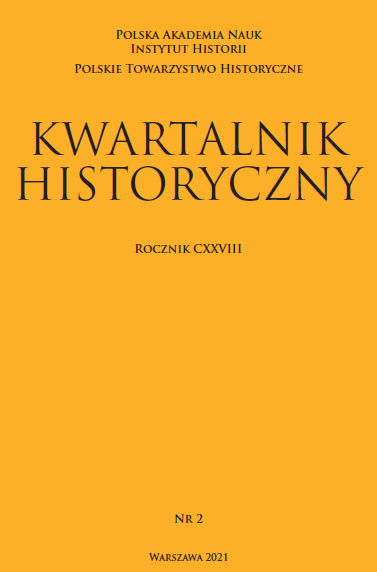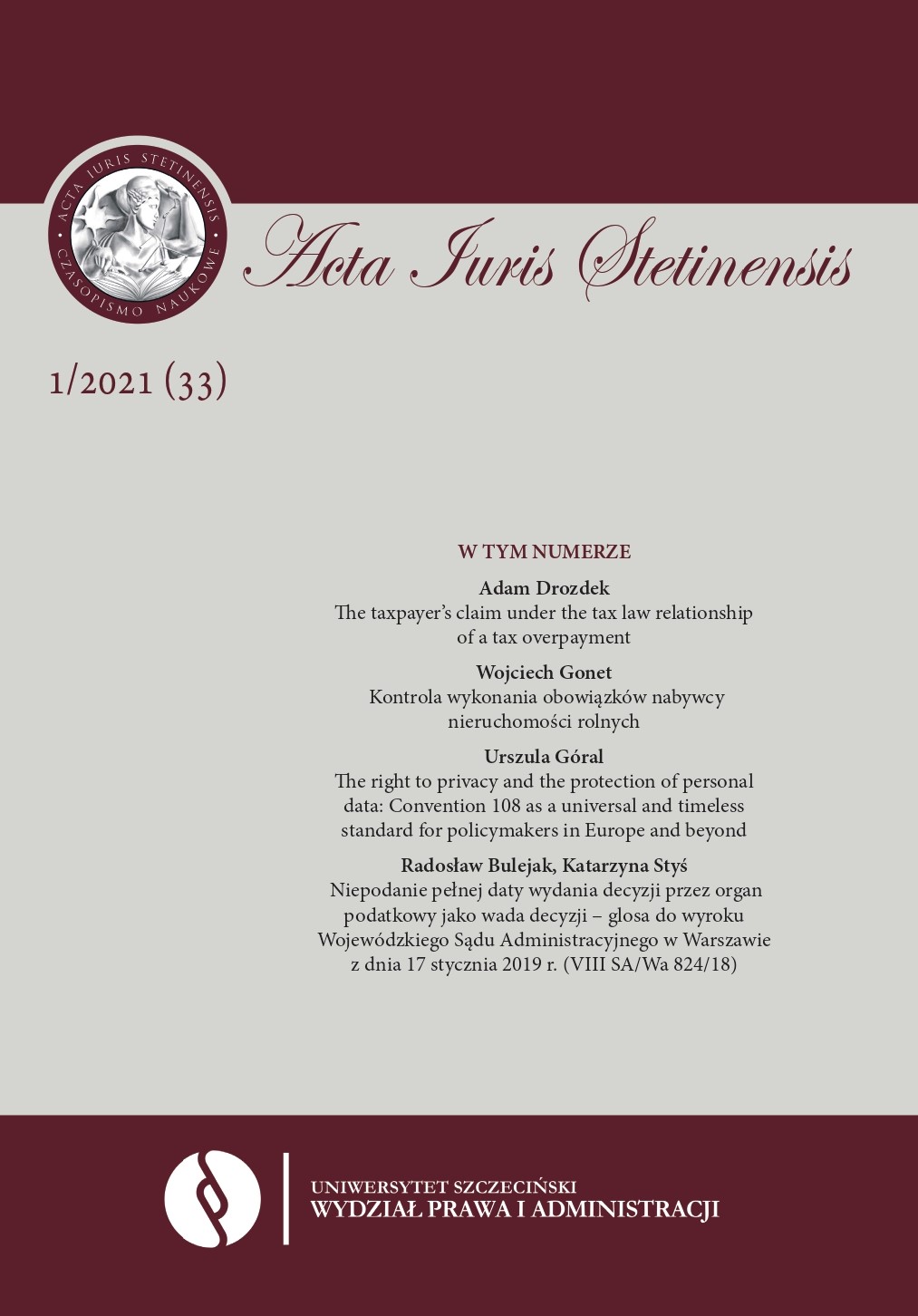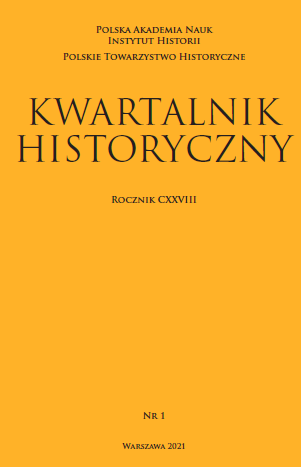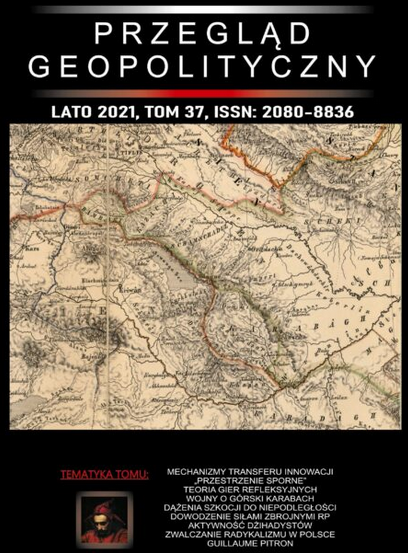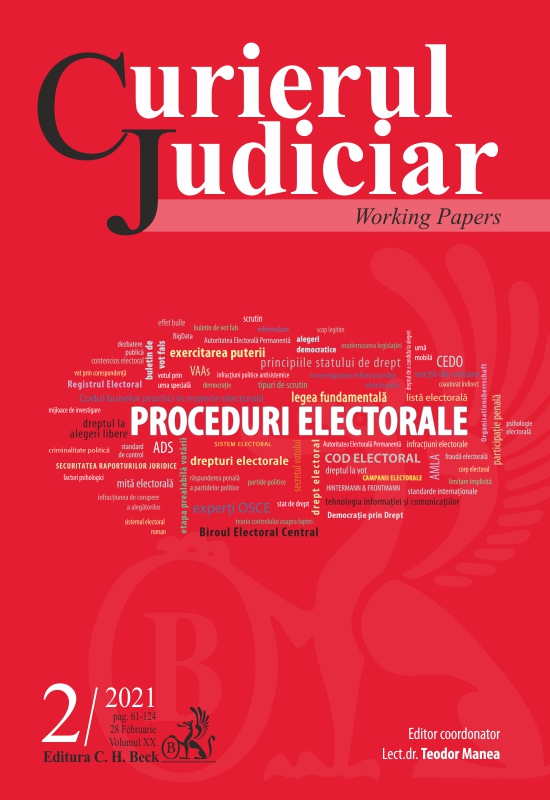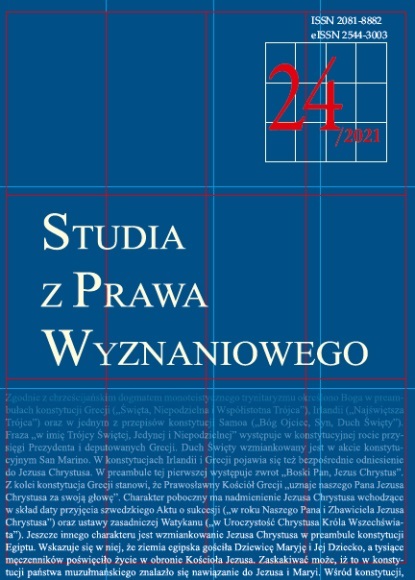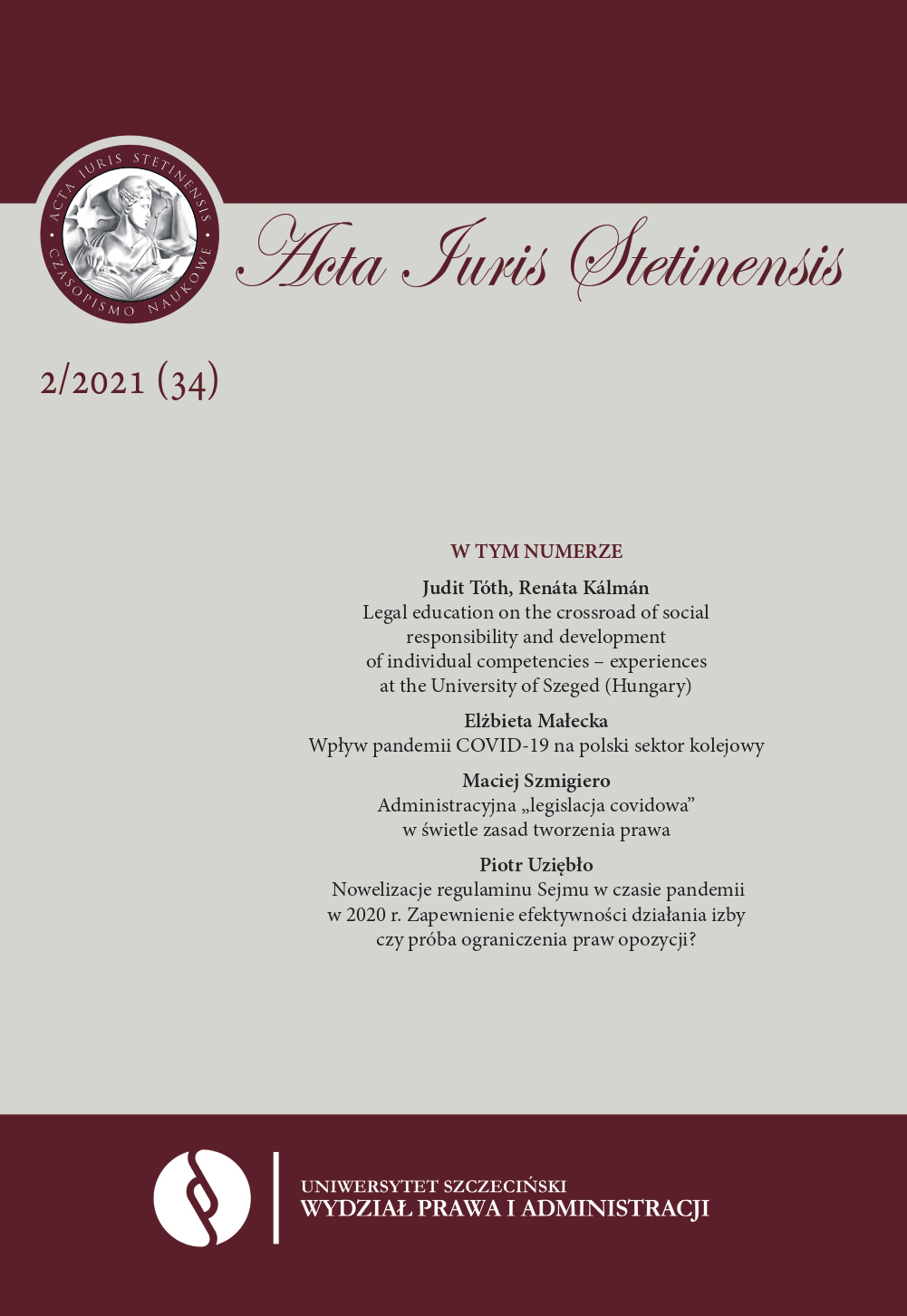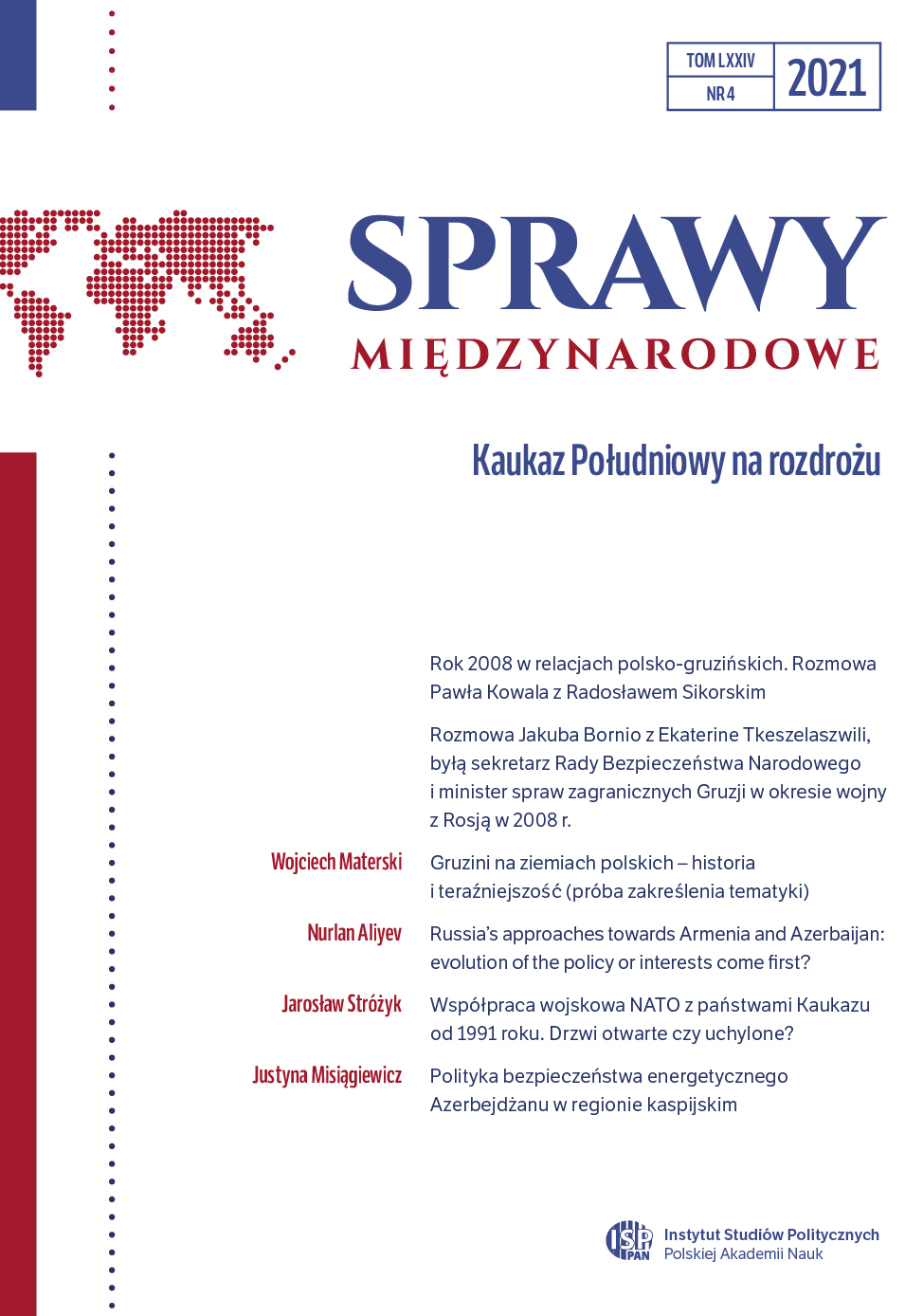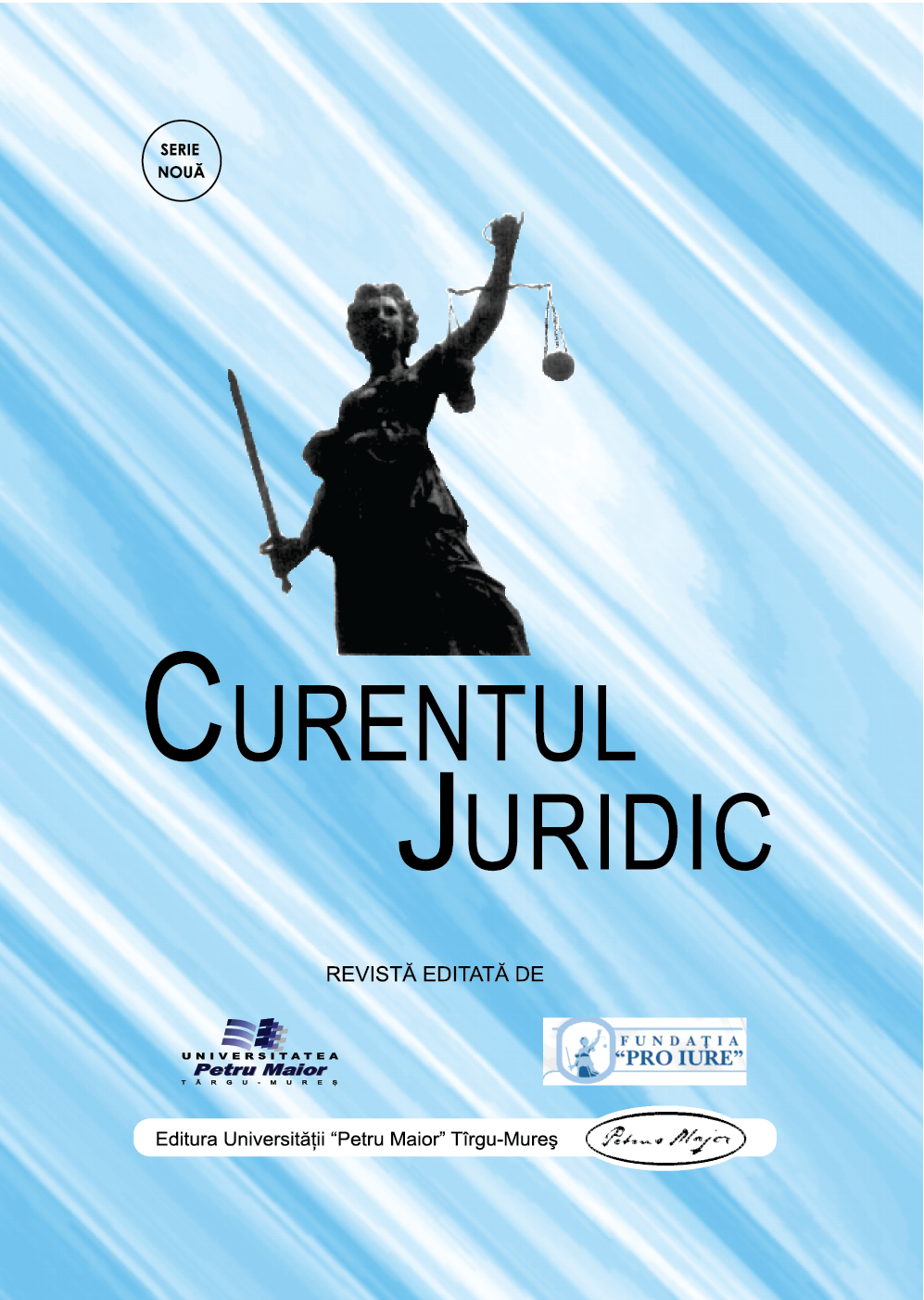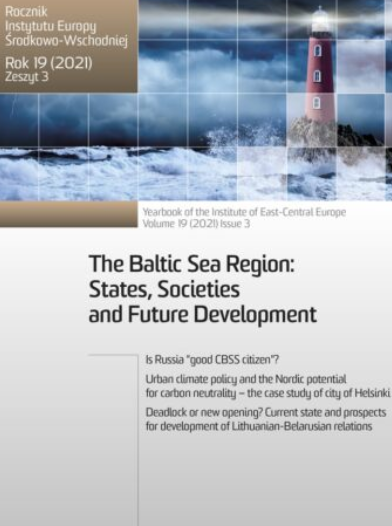Author(s): Anna Anatolyevna Kashirkina,Andrey Nikolayevich Morozov / Language(s): Russian
Issue: 3/2021
Among gender issues, the issue of protecting women from all types and forms of violence, including domestic (family) violence, occupies a special place. At the international legal level, the most comprehensive definition of ―domestic violence‖ which includes not only physical violence, but also psychological, moral, economic coercion, the creation of various discriminatory conditions, as well as pressure, given the fact that the subject is female is enshrined in the fundamental documents, International law is actively developing tools aimed at comprehensively protecting women from all forms of discrimination and violence. However, there are many obstacles to the successful implementation of such norms in the national legislation of states. In this regard, the purpose of this article is to highlight the legal risks and obstacles that countries face in enforcing one of the most important international treaties in this field — the Council of Europe Convention on the Prevention and Combating of Violence against Women and Domestic Violence of 2011 (Istanbul Convention). At the same time, the authors of the article use the empirical analysis method by examining the assessment of the Istanbul Convention and the channels for its implementation by the Council of Europe Commission for Democracy through Law (Venice Commission) in its opinion on the constitutional consequences of ratification by Armenia of this international treaty. Through the use of methods of international legal, systemic, logical, teleological interpretation, the authors of the article come to the conclusion that one of the key difficulties in the implementation of the Istanbul Convention in national legislation is its complex polyconventional nature, which is manifested in the totality of norm-principles, norm-definitions and protective standards that may be ambiguously perceived by states. At the same time, the development of the catalog of human rights, as the historical method shows, will gradually lead to the appearance in the documents on women’s rights of an increasing number of provisions related to the prevention of not only gender-based violence, but also the prevention of appropriate behavior aimed at discrimination based on sex in the most different expressions. According to the Venice Commission, this also shows the multifunctional nature of Council of Europe standards. Moreover, for the successful implementation of norms aimed at protecting women from forms of violence, both universal human rights protection mechanisms established under the auspices of the United Nations and soft law mechanisms implemented both by the Council of Europe Commission for Democracy through Law (Venice Commission) are needed and other interstate bodies, governmental and non-governmental organizations. The article was written using both general scientific and special methods of cognition: dialectical, historical, philosophical, comparative legal, formal legal, logical, analytical, as well as involving methods of legal modeling and synergetic analysis.
More...
